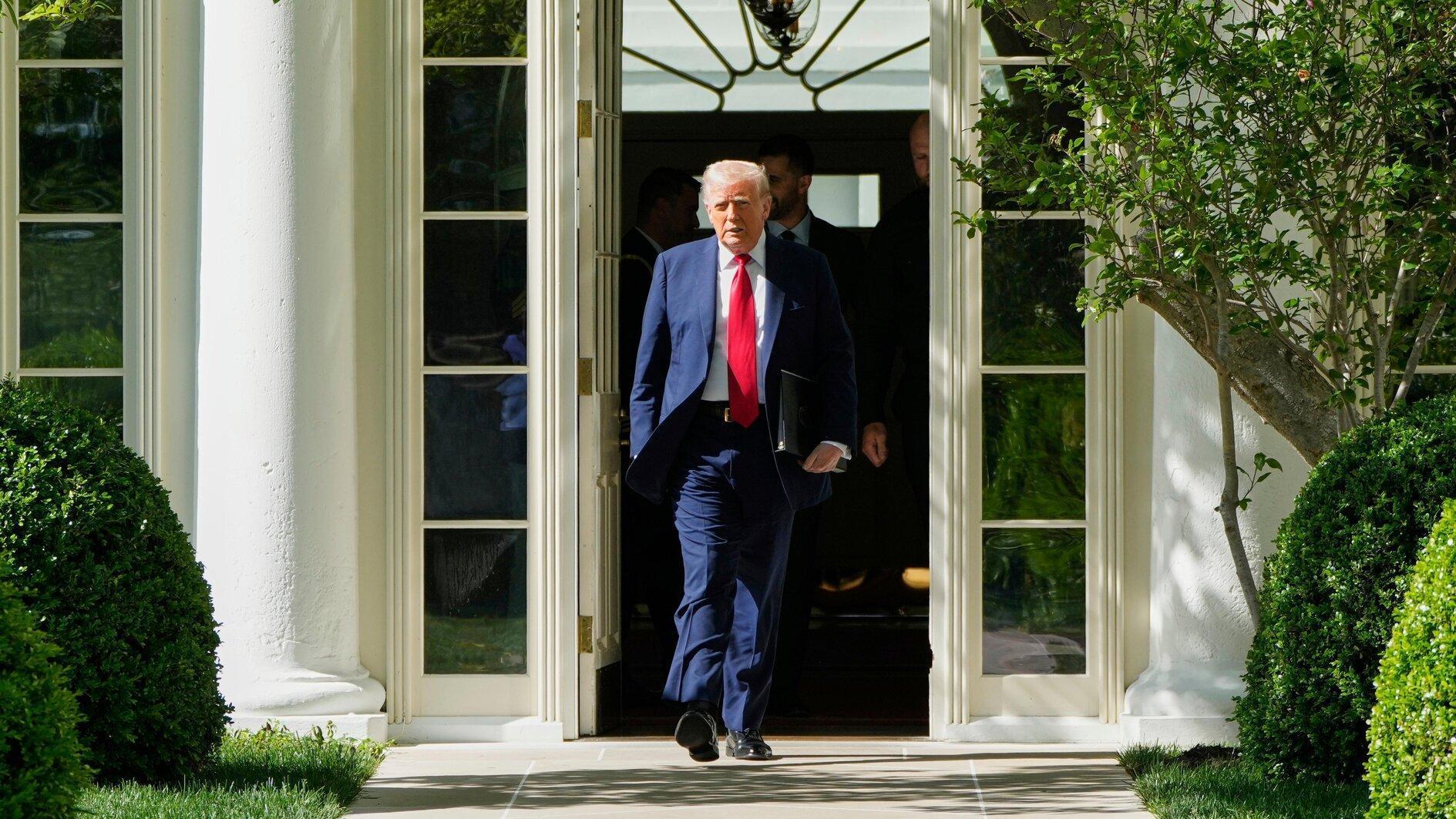Strengthening democratic stability is priority for Turkey
Dimitrios Papadimoulis*
The military coup in Turkey was a direct assault against the democratic institutions of the country. As both a European and a Greek citizen and politician, I cannot but stress out that Turkey and its government should emphasize on issues of democracy, equality and security before the “ghosts of the past” come up and destabilize the country and the wider region, as it happened during the 1960s, 1970s and 1980s.Those who want the revival of extremism and barbarism in the country should be brought to justice. At the same time, the Turkish government and political leadership should avoid being trapped in the adoption of obsolete measures and practices, such as the reinstitution of the death penalty or the ignition and acceptance of self-defense methods. The AK Party (Justice and Development Party) along with all political forces will be called to prove that the democratic and secular character of the state is protected and preserved, whereas any resort to violent retaliation is avoided as it could lead to instability, hatred and dissolution. Constitutional legacy is not only applied to address military insurgents, but it also includes the protection and respect of the rule of law for all citizens.
From that prism, the Turkish government will need to deal with major issues in the coming months, such as the reshuffling of talks with regards to the Kurdish issue, where a constant dialogue is more necessary than ever before. The European Union and the European Parliament are willing to contribute in any possible way towards accelerating peace talks, while assisting on the better alignment of national legislation to the acquis communautaire in a number of open issues.
The Middle East is coping with internal, geopolitical shifts, in which the role of Turkey should be clear and transparent. Being the only stable parliamentary democracy among the Muslim-populated countries of the region, Turkey has to be an example of stability and a place where democratic values are respected. History teaches that the limits between a “one-man” state model and an over-centralized political system are not always discernible, especially in cases of internal challenges and threats against democracy. The way Turkey will respond to such important challenges will define its bilateral relations with the EU, but it will also determine the degree of stability in the county and the wider region.
*Dimitrios Papadimoulis is the vice president of the European Parliament and head of the Syriza party delegation.











